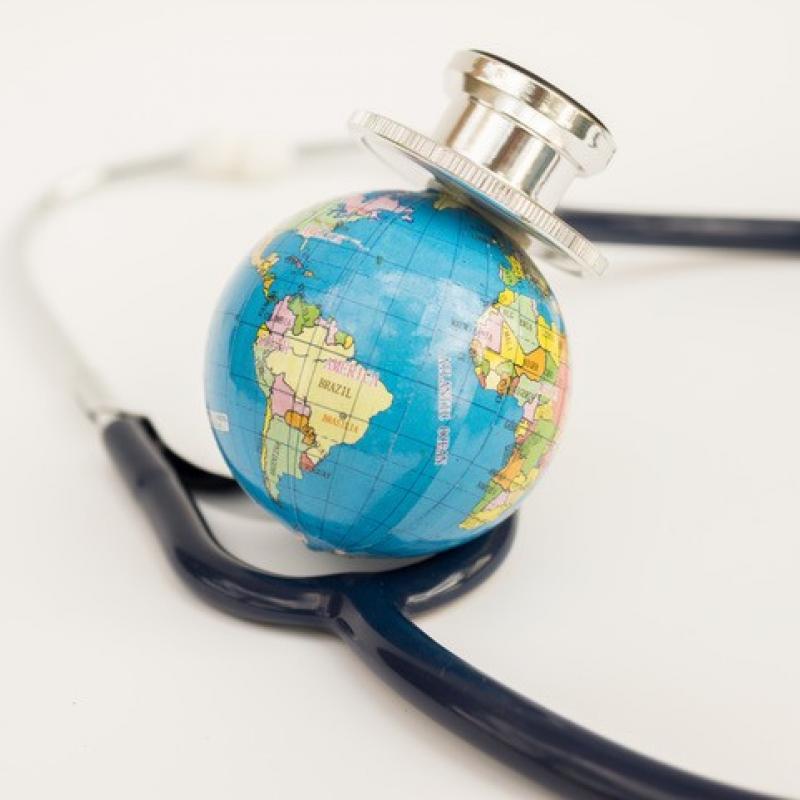Geo-health: understanding the relationship between people, location, time and health
Improving health and health care services are government priorities worldwide. The focus of Geohealth is to explore the dynamic connections between people, their health and well-being and the changing physical and social environments in (peri-) urban or larger geographic areas. Central questions are: where and how can we best intervene to mitigate health risks, reduce health inequalities, or improve health services delivery.
Your Geohealth research can take different directions. A first line of research concerns the study of access and accessibility of health services. A second direction is to study the relationship between socio-economic conditions and health status, and possibly also the link to health expenditure. A third possible line of enquiry is to focus on the relation between disease and socio-environmental risk factors. Studies can focus on a case study (based upon primary data collection or using available secondary data) but can also be methodologically oriented.
Neutens, T. (2015) Accessibility, equity and health care: review and research directions for transport geographers, Journal of Transport Geography, Volume 43, Pages 14-27. https://doi.org/10.1016/j.jtrangeo.2014.12.006.
Qiu, G., Liu, X., Amiranti, A. Y., Yasini, M., Wu, T. , Amer, S. , & Jia, P. (2020). Geographic clustering and region-specific determinants of obesity in the Netherlands. Geospatial health, 15(1), 131-139. https://doi.org/10.4081/gh.2020.839
Khashoggi, B.F.; Murad, A. (2020) Issues of Healthcare Planning and GIS: A Review. ISPRS Int. J. Geo-Inf., 9, 352. https://doi.org/10.3390/ijgi9060352

